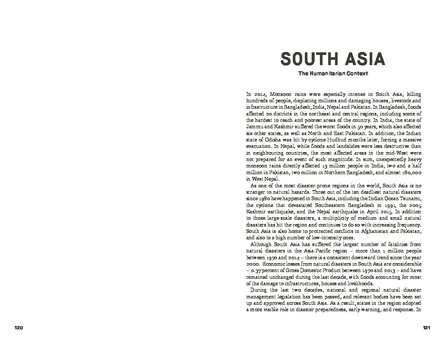
There are two factors that hinder humanitarian action in South Asia, raised in the majority of the interviews conducted for this study, in Bangladesh, India and Nepal. The first factor is a direct consequence of how authority is understood and exercised in South Asia. Perhaps one of the least understood determinants of the effectiveness of humanitarian aid, the importance of authority lies not only in the fact that an effective response requires the commitment and participation of states, but also in the increasing role played by governments, local authorities and officials of humanitarian action and disaster management in South Asia. As Rehman Sobhan explains, the development of national bureaucracies has led ‘to political nepotism in administration, where loyal bureaucrats are used to play a partisan role in the service of the ruling party rather than the people’.18 Disaster management structures and emergency responses are not detached from these processes.
The second factor – linked to the first – is the lack of mutual trust among the different actors responding to emergencies. Coordination mechanisms of state and non-state humanitarian actors, both national and international, often function under the premise of a mutual trust that in fact is weak or nonexistent. Although not acknowledged in public, government departments, UN agencies, NGOs and donor agencies treat each other with mistrust, reducing the extent to which the response can meet the expectations of people most affected by the emergencies.
